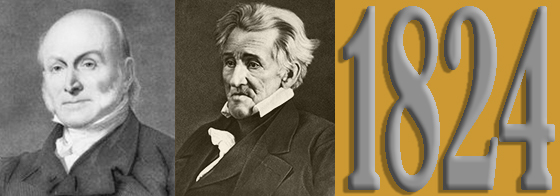On December 1, 1824, with neither John Quincy Adams nor Andrew Jackson receiving a majority of votes in the Electoral College, the United States House of Representatives was given the task of deciding the winner in accordance with the Twelfth Amendment to the United States Constitution.
The House selected Adams. Jackson and his supporters felt deeply aggrieved, and immediately set about preparing for the next election, which Jackson won handily. Jacksonian supporters referred to the election of 1824 as “the Stolen Election,” in no small part because Jackson had received more popular votes — though the popular vote never had or was intended to have any constitutional play in determining the election of the United States President.
In 1834 on this date, slavery was abolished in Britain’s Cape Colony at the southern tip of Africa, in accordance with the Slavery Abolition Act 1833.
